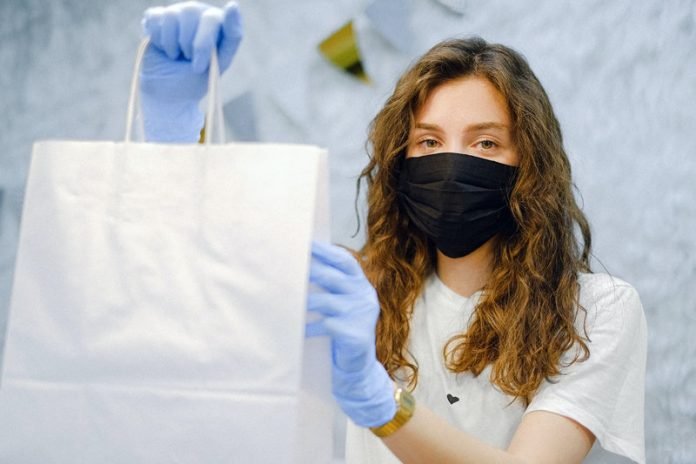
As the omicron variant surges, the Centers for Disease Control and Prevention (CDC) is expected to issue more robust mask guidelines to help curb COVID-19 transmission.
During personal protective equipment (PPE) shortages, it has been necessary for people to utilize materials already at their disposal to craft their own face masks.
In a new study from Texas Tech University, researchers compared the performance of popular ready-made facial coverings, such as bandanas and neck gaiters, to alternative household materials including denim, cotton shirts, bedding and towels.
They used mask filtration testing standards developed by the American Society for Testing and Materials (ASTM).
Both categories of materials were measured against R95 masks, which offer the highest level of protection against viral particles.
While a material’s ability to filter out viral particles is paramount, breathability is an equally important consideration.
Unfortunately, testing revealed an inverse link between filtration efficiency (FE) and breathability—for instance, while denim showed the highest FE, it also had the lowest breathability of all the household fabrics, rendering it unsuitable for face mask production.
According to their study, the most effective ready-made facial coverings on the market are Velcro masks with carbon filters and surgical masks, while the least effective are fashion face masks, single-layer face coverings, neck gaiters and bandanas.
The highest-performing household materials were thick cotton shirts and towels, indicating that multi-layered cotton facial coverings with proper fit are the most effective homemade mask alternative because they offer a measure of protection against viral particles without compromising breathability.
The team says a combinatorial approach involving both a facial covering and a surgical mask with good fit would offer the wearer better protection against particle inhalation.
If you care about omicron, please read studies about your maximum risks of COVID infection with and without masks, and the most effective face-mask practices to reduce spread of COVID-19.
For more information about health, please see recent studies about drug that could help lower obesity, fatty liver, improve your heart health, and results showing this drug combo can effectively fight COVID-19.
The study is published in International Journal of Environmental Research. One author of the study is Seshadri Ramkumar.
Copyright © 2022 Knowridge Science Report. All rights reserved.




